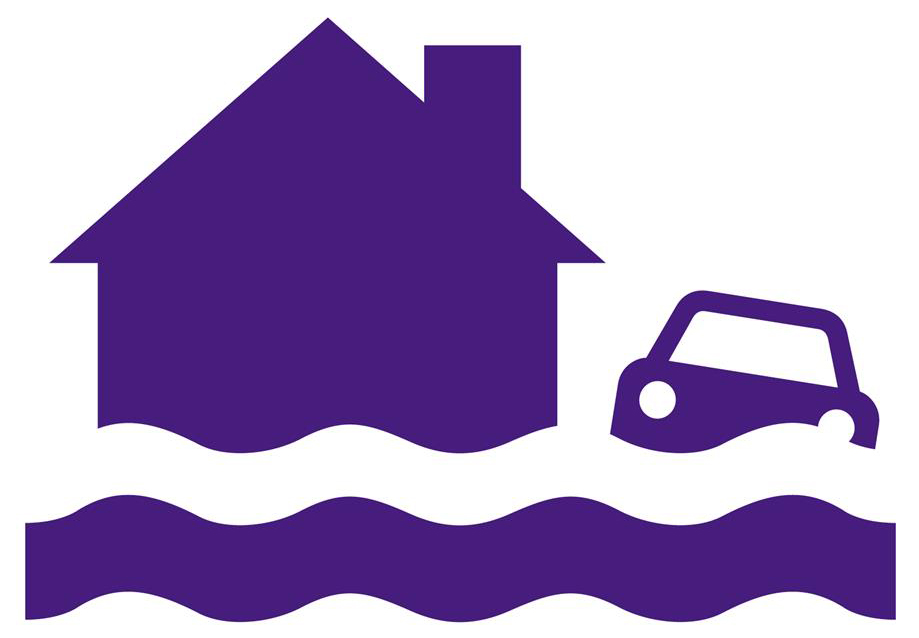LSU Helps Homeowners Tackle the True Cost of Flooding
July 01, 2021
Protecting House and Home
Louisiana homeowners who see their houses flood, and maybe not for the first time,
face difficult decisions. Rebuild, sell, and move? Rebuild and stay? Can you even
afford to rebuild? And if you do, should you invest more money to elevate your home
to prevent it from flooding again?
Unfortunately, there is little help in making these decisions, while the consequences
are far-reaching. Emerging studies and new work by LSU researchers, however, aim to
give residents better guidance so they can optimize the outcomes for themselves, their
families, and their communities.
LSU scholars in construction management, oceanography and coastal sciences, sociology, and psychology are working to gather data on the economic and emotional aspects of living in an increasingly flood-prone place.
But while flooding is a concern for a majority of the state’s residents—including many who live outside the FEMA-designated 100-year flood zones where flood insurance is required for a mortgage—the risks and impacts are not the same for everyone. Flooding disproportionally affects Black neighborhoods and minority communities with pre-existing vulnerabilities, and environmental change and natural disasters can be drivers of deeper inequities.
Carol Friedland, LSU associate professor of construction management, helps residents
account for hidden risk:
“When you go buy a dishwasher, it has an Energy Star rating on it that says, ‘you
can expect to pay $58 per year in electricity for this dishwasher,’ but there’s nothing
like that for homes. That’s something we’re working to change, and our idea is that
people understand dollars and will make better decisions if they have accurate and
personalized information on what living in this or that home is really going to cost
them.”

‘How can we make progress toward resilient communities and economies if mathematics tells us that half of the homes located in the floodplain will flood at least once?’ asks the LSU-UNO Flood Safe Home website.
– LSU
“As far as flood protection and storm water management, we’ve done it all. Through LSU’s and UNO’s Flood Safe Home program, we can now share our knowledge and experience from decades of hazard mitigation and restoration efforts and get valuable information about new strategies we can use to educate our residents, stakeholders, and public officials to better protect our parish. Education is a key component. People tend to respond negatively to ideas they don’t understand.”
Christopher Pulaski, director of planning and zoning in Terrebonne Parish


